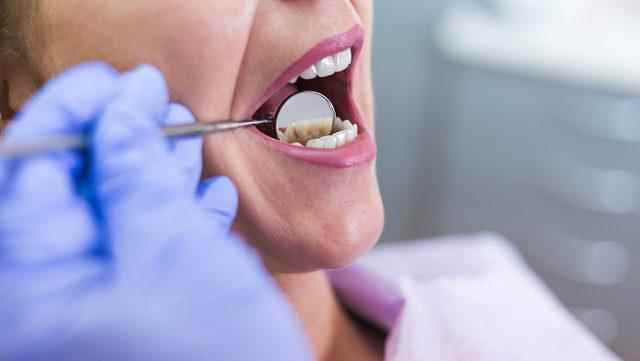Oral care in Ramadan should be done in a similar way by arranging the hours. Teeth should be brushed twice, after iftar and after sahur, and starting a fast with a mouth flora that is hygienic by flossing, tongue cleaning and mouthwash after sahur will help you to protect your oral environment against bacteria, with decreased saliva flow due to long-term hunger and therefore increased acidity.
TO PREVENT ODOR…
Again, bad breath (halitosis) due to long-term hunger is a problem experienced by fasting individuals in this month.
Oral factors (presence of old and incompatible bridges-fillings, gingival diseases, insufficient oral hygiene, caries, intraoral infection) and extraoral factors (reflux, digestive problems, sinusitis, pharyngitis, tonsillitis, systemic diseases such as diabetes) that may cause bad breath or vitamin A, B12, iron and zinc deficiency), this physiological halitosis occurs due to the fact that the stomach and mouth environment are dehydrated and become much more acidic due to hunger for a long time, and can be reduced by taking some precautions;
- Providing effective oral care, preferably using alcohol-free mouthwash as it may cause dry mouth
- Not to skip sahur; consuming walnuts, almonds, cinnamon and green tea at this meal
- Drinking plenty of water between iftar and sahur to prevent dehydration
- Avoiding foods and beverages such as coffee, tea, and chocolate as much as possible, as they are diuretic. Not to consume at all in sahur.
- Avoiding salty, spicy and fried foods, consuming plenty of fresh fruits and vegetables in iftar and sahur
- Avoiding foods like garlic and onions
- Brushing teeth immediately after consumption, as milk and fish contain proteins that release bad odor during digestion.
- Reducing smoking, if possible, completely quitting
- If you have a palate prosthesis, leaving it in a cleaning solution before sleeping
